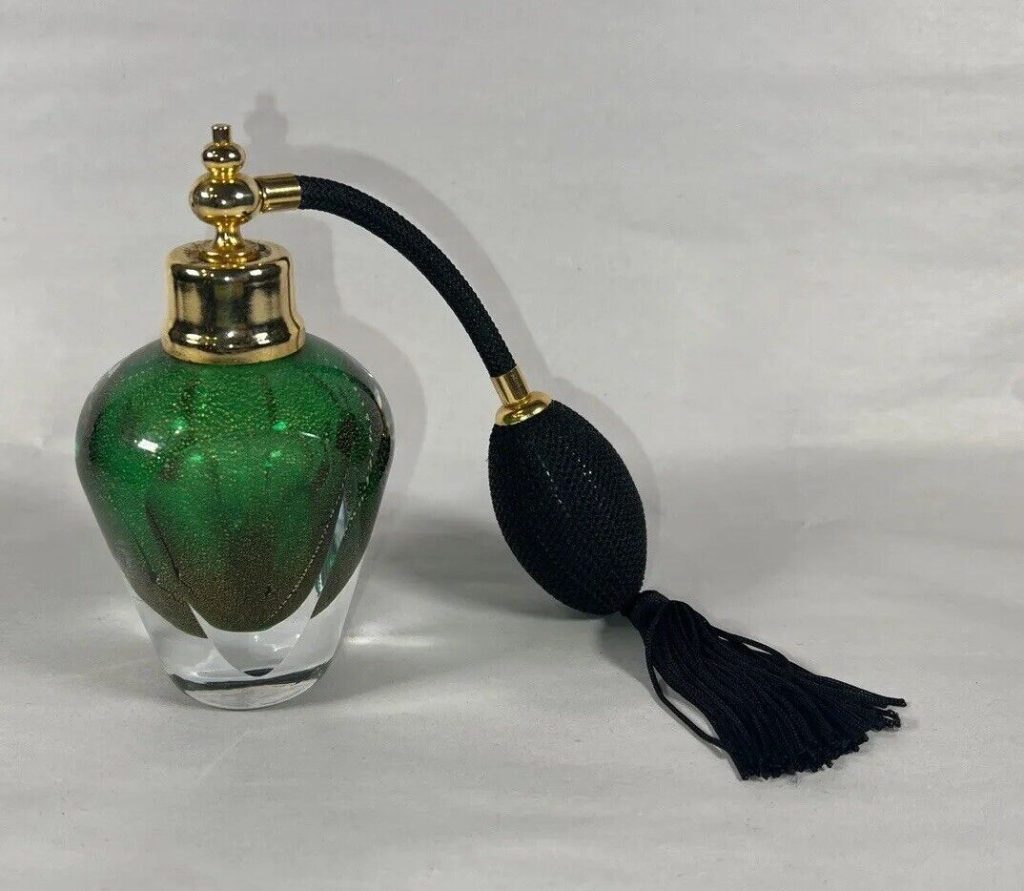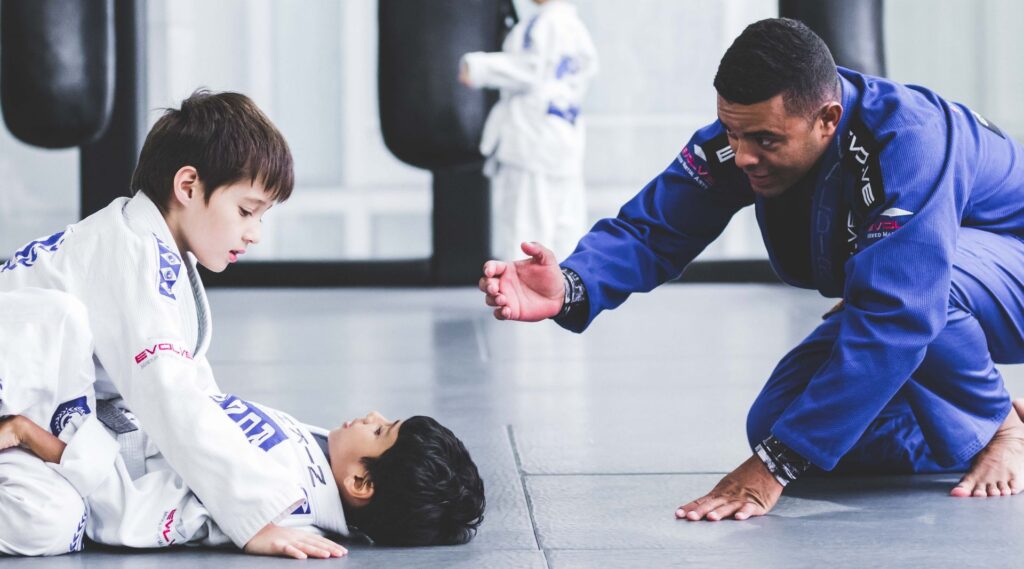Homemade Perfumes – Discover Endless Possibilities for Unique Fragrance Designs
Creating homemade perfumes is an exciting journey into the world of fragrance, offering endless possibilities for crafting unique scents that reflect your personality and style. By experimenting with different combinations of essential oils, floral extracts, and natural ingredients, you can design a signature fragrance that is entirely your own. Homemade perfumes also allow you to explore the art of layering various notes, from the fresh and uplifting top notes to the deeper, more sensual base notes, creating a scent profile that evolves over time. The beauty of making your own perfume is that you can customize it to fit any occasion or mood. Whether you are aiming for something light and citrusy for everyday wear or a warm, woody fragrance for a special evening, the ingredients you choose will make all the difference. Essential oils like lavender, rose, and jasmine are commonly used in perfumes for their soothing, romantic qualities, while citrus oils like lemon, orange, and bergamot are perfect for creating refreshing and energizing blends.

For a more exotic touch, you can incorporate ingredients like sandalwood, patchouli, and vanilla, which offer depth and complexity. To start making your own perfume, you will need a few key ingredients and tools: essential oils, a carrier oil such as jojoba or fractionated coconut oil, alcohol if making an eau de parfum, and small glass bottles for storage. The process typically begins with selecting your top, middle, and base notes. Top notes are the first scents you smell when you apply the perfume, but they tend to dissipate quickly. Middle notes, also known as heart notes, form the core of the fragrance and are usually present after the top notes fade. Base notes, like musk or amber, are the lingering scents that give the perfume its longevity and depth. Once you have chosen your notes, you will begin blending them together. Start by adding the base notes to the carrier oil or alcohol, as these will be the foundation of your perfume. Next, add the middle notes, followed by the top notes. The key to creating a balanced perfume is patience allow your perfume to age for at least 24 to 48 hours to let the oils meld and develop their full potential.
You can adjust the proportions to create a more personalized scent, but always start with small amounts to avoid over-powering any one note and check it on how to make your own perfume. Homemade perfumes also offer the advantage of being free from synthetic chemicals, making them a great option for those with sensitive skin or allergies. Plus, you can experiment with different combinations of natural ingredients to create fragrances that are not only unique but also beneficial for your well-being. In addition to making perfumes for personal use, they also make thoughtful, personalized gifts. By bottling your fragrance in a beautiful glass vial and adding a decorative touch, you can share your creative concoctions with friends and loved ones. Whether you are crafting a soothing floral scent or a spicy, woodsy blend, the possibilities are endless when it comes to homemade perfumes. It is an enjoyable and rewarding way to express yourself through scent while indulging in the therapeutic benefits of essential oils.


